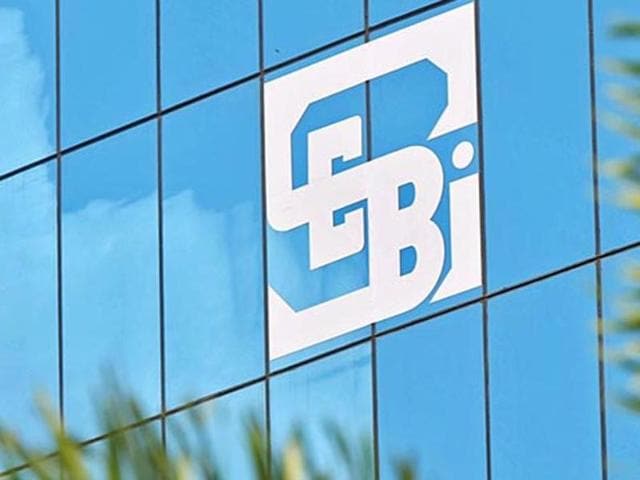Sebi asks Centre to appoint ‘at least one’ woman director on its board
Sebi has suggested the government to appoint at least one woman director on the regulator’s board, in line with its own directions for listed companies’ gender diversity on high-table under corporate governance norms.
The Securities and Exchange Board of India (Sebi) has often pulled up companies for not having women board members. But the market regulator since its inception has not had a woman director. That is likely to change soon.

Sebi has taken the matter with the government and is seeking to get at least one woman member appointed to its board.
“Some may think Sebi has introduced new shackles in working of corporates, focusing on corporate governance. Is Sebi doing something for itself? Sebi board members are appointed by the government and we have already taken up with the government that we must have at least one woman member on Sebi board,” chairman UK Sinha said on Tuesday.
Sebi had issued a deadline of March 31, 2015 for all corporates to appoint at least one woman member on their respective boards. Companies missing the deadline were fined ₹50,000.
The Sebi Act doesn’t require the regulator to have a woman board member, but it has already requested the government to do it as a “good measure”, Sinha said.
It has also decided that all the non-executive members of the Sebi board will meet separately and evaluate the performance of the market regulator, to further improve the regulator’s corporate governance.
Meanwhile, the regulator will further reduce timeline between closing of an initial public offering (IPO) and its listing on exchanges to four days from six, to give a further boost to the primary market.
“We have been able to bring down the issue timing from T+12 to T+6 days and all of us need to now start working to further reduce the duration,” said Sinha.
Reducing the IPO listing time to four days will require the cooperation of the markets, Reserve Bank of India and investment bankers, Sinha said adding that the market regulator has already asked a team to start work in that direction.
The IPO market has seen a strong revival this calendar year with over 20 companies raising more than ₹20,000 crore in the year so far. This is the highest since 2010.
“Two issues were subscribed more than 80 times and retail subscription crossed 1 million in two of these issues, a sign that appetite to invest in capital markets was strong if the issues are reasonably priced,” said Sinha.
Despite the volatility in global markets over the past 12-18 months, Indian markets have been resilient, which Sinha attributed to strong domestic fund flows, which have provided a strong support. “Mutual funds are providing very important counter balance to foreign portfolio investment flows,” said Sinha.





